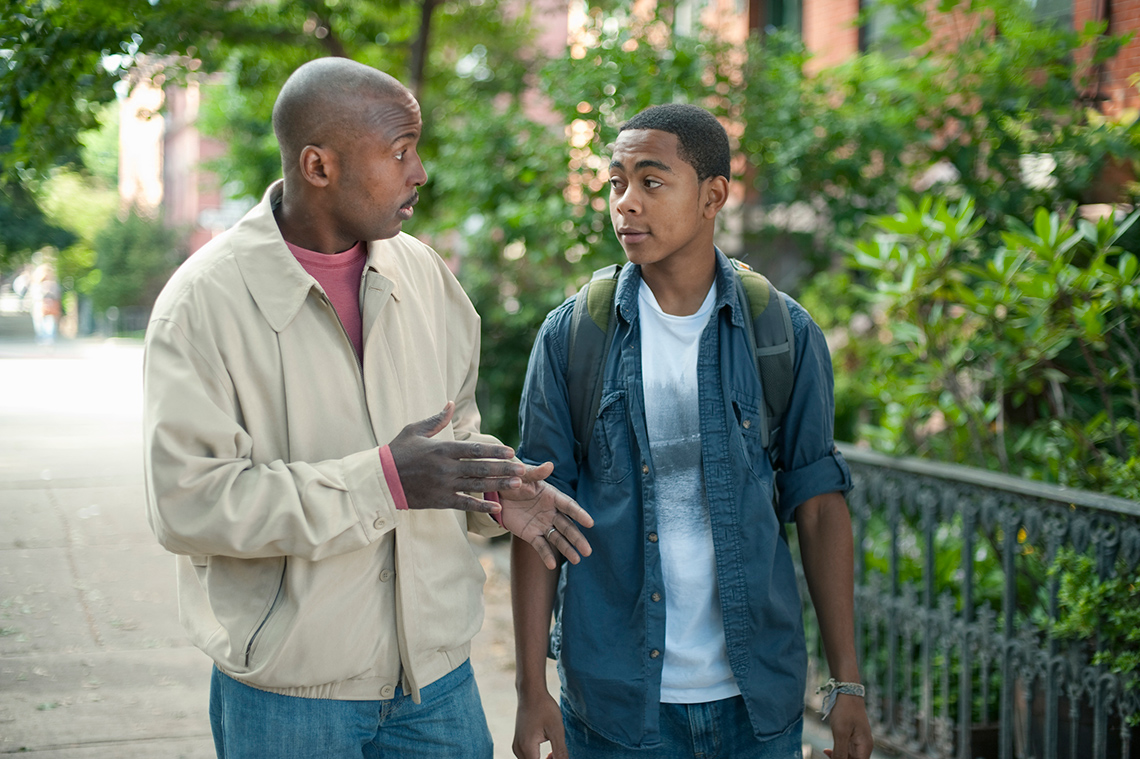Minds On
Building healthy relationships

Building and maintaining healthy relationships is an important part of growing up. Not only can they bring great joy to our lives, but they also help to shape the individuals we become.
Explore all of the different types of relationships in your life: family, friends, partners, etc.
Complete the My Thoughts on Building Great Personal Relationships in your notebook or using the following fillable and printable document. Complete each sentence prompt with your own thoughts on what builds great personal relationships.
You can also use another method of your choice to record your ideas.
| A healthy relationship is… |
|---|
| Being equals in a relationship is important because… |
|---|
| I know a relationship is not working when… |
|---|
| It is important to have an open line of communication regarding sexual health with a partner because… |
|---|
| It is ok to delay sexual activity until I am older because… |
|---|
Press the ‘Activity’ button to access My Thoughts on Building Great Personal Relationships.
Action
Factors to consider

There are many factors that need to be considered when thinking about how we make healthy relationship decisions, especially relationships involving intimacy and sexual health. It is important to have a strong understanding of ourselves before getting involved intimately with someone else.
Press the following tabs to learn about the different types of factors that affect our ability to make relationship decisions.

Some people find themselves involved in unhealthy relationships. They can seek help or counselling if they feel that they are caught in a cycle of unhealthy relationships.
Thinking about our sexual health can also include thinking about religious, cultural, or spiritual beliefs. Moral and ethical considerations, which are what we believe is right and wrong, are involved as well, including the need to respect the rights of other people.
Everyone should be treated fairly and with respect. It is important to take this into account when we think about possible relationships.
It is also important to consider the positives and possible negatives about any decision we make and how that decision will affect not only us, but others as well.
Check your learning
For each factor, select the corresponding description.
Brainstorm
Scenario
Consider the following scenario.
Two students have been dating for six months and they are considering having sex for the first time. Student A is concerned and is not sure if they are ready, while Student B is confident that if they take the necessary precautions, there is no need to worry. Even though Student A is feeling apprehensive, they worry that they may lose Student B as a partner.
How are each of these characters feeling in this situation? Confused? Feeling pressured? Stressed?
Identify what Student A and Student B could be communicating to each other about with regards to the next steps in their relationship.
Use a method of your choice to record your thoughts.
Use what you have learned about healthy relationships to form an appropriate response.
Be sure to include the following ideas in your communication response:
- consent and keeping the lines of communication clear and open within a committed relationship. Consent occurs when one person voluntarily agrees to the proposal or desires of another.
- the importance of delaying sexual activity until they are older. This is known as abstinence, which is the practice of refraining from some or all aspects of sexual activity.
- personal and emotional feelings involved in the decision-making process
- coming to a shared understanding of the relationship goals and outcomes
Consolidation
You are not alone

Relationships are hard work. You are not alone when it comes to making important decisions regarding your health and well-being. Often a family member, teacher, or another trusted adult in your life can be good place to turn to for advice. Depending on the circumstances however, sometimes it may be necessary to seek out guidance from individuals who are specially trained to assist youth with relationship advice. It is important to begin that process by speaking to a trusted adult.
Helping others
How can you share the information you learned in this learning activity that might help others make healthy decisions in their relationship choices?
Choose a format of your choice – written script, a video, an audio clip, or a visual information piece such as a poster, piece of art, song, or dance.
Use the following checklist to ensure you include all the information needed in your final product.
Checklist
Making healthy decisions on relationships
Reflection
As you read the following descriptions, select the one that best describes your current understanding of the learning in this activity. Press the corresponding button once you have made your choice.
I feel…
Now, expand on your ideas by recording your thoughts using a voice recorder, speech-to-text, or writing tool.
When you review your notes on this learning activity later, reflect on whether you would select a different description based on your further review of the material in this learning activity.